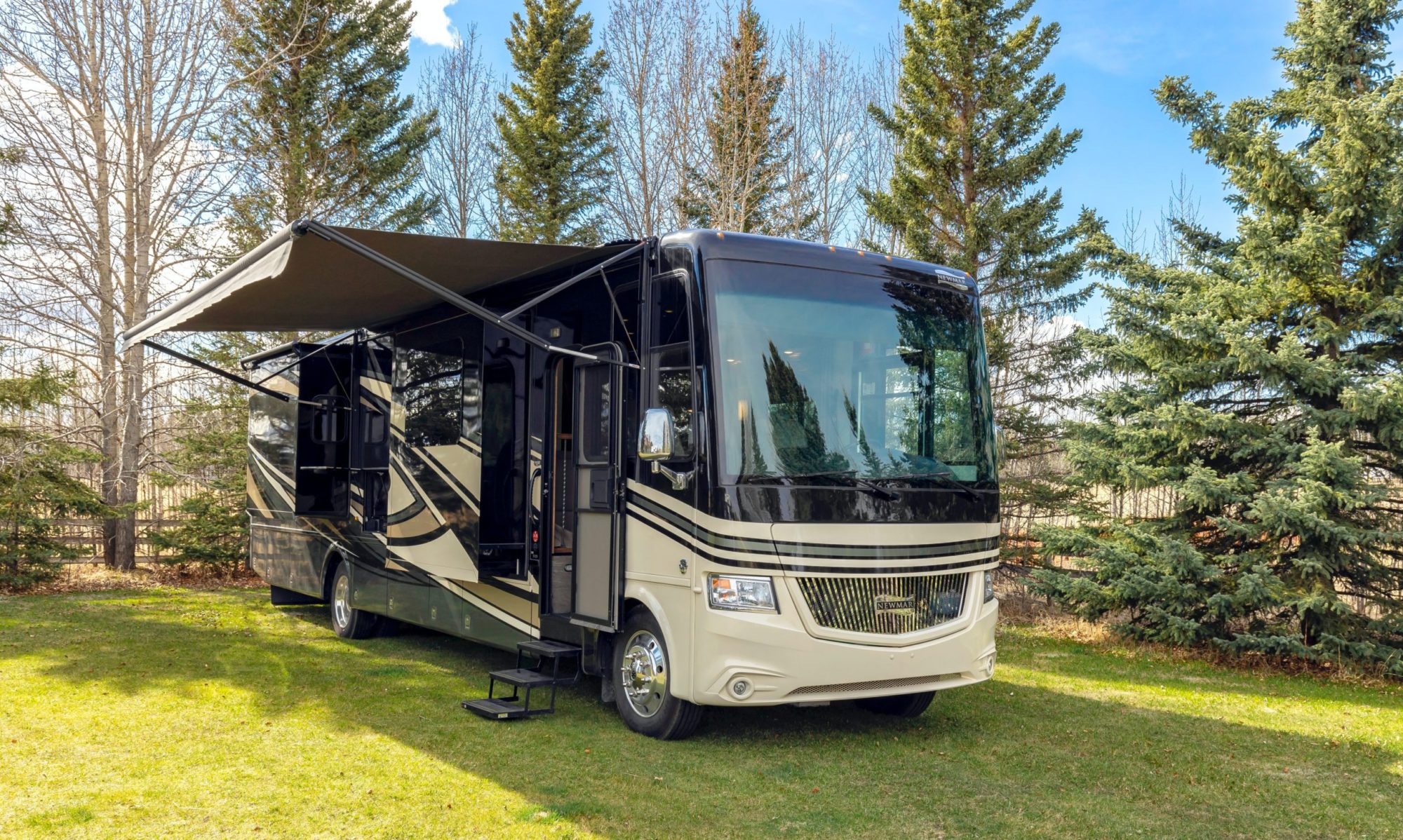When boondocking, it’s essential to have a reliable source of power if you want to maintain certain comforts or necessities. Here are some popular power sources suitable for boondocking:
- Solar Panels:
- These convert sunlight into electricity. You can mount them on the roof of your RV, van, or camper. They’re a popular choice for boondocking because they provide clean, silent energy. The energy can be stored in batteries for use during the night or cloudy days.
- Wind Generators:
- If you’re in a location with consistent wind, a portable wind generator can be a viable option. They work best in combination with other sources, like solar panels.
- Portable Generators:
- These run on gasoline, propane, or diesel. They can provide a lot of power but can be noisy and require a fuel supply. Inverter generators offer quieter operation compared to conventional generators.
- Deep Cycle Batteries:
- Batteries are essential for storing energy, especially when using solar panels. The power stored in these batteries can be used at night or during periods without sun. There are various types, including lead-acid, lithium-ion, and AGM (Absorbent Glass Mat).
- Hand Crank Generators:
- These are manual generators that can be cranked by hand to produce electricity. They’re not suitable for powering large devices but can be handy for charging small electronics in a pinch.
- Tidal or Water Generators:
- Less common but potentially useful if you’re near a consistent water source. They work by harnessing the kinetic energy of moving water.
- Thermal Electric Generators (TEG):
- These convert heat into electricity. If you have a consistent heat source, like a wood stove, a TEG can generate power from the temperature difference.
- Fuel Cells:
- These convert chemical energy from a fuel into electricity through a chemical reaction. Portable hydrogen fuel cells are an emerging technology and might become more prevalent in the future.
- Portable Power Stations:
- These are essentially large rechargeable batteries with multiple outlets. They can be charged at home or through solar panels and can power a range of devices.
- Vehicle Alternator:
- If you’re boondocking in a van or RV, the vehicle’s alternator charges the battery while the engine is running. It’s not the most efficient way to generate power for camping needs, but in a pinch, it can help recharge house batteries.
When considering a power source for boondocking, it’s crucial to factor in the amount of power you’ll need, the duration of your stay, and the environmental conditions of your location. Mixing and matching different power sources can often provide the best reliability and efficiency for extended stays off the grid.
